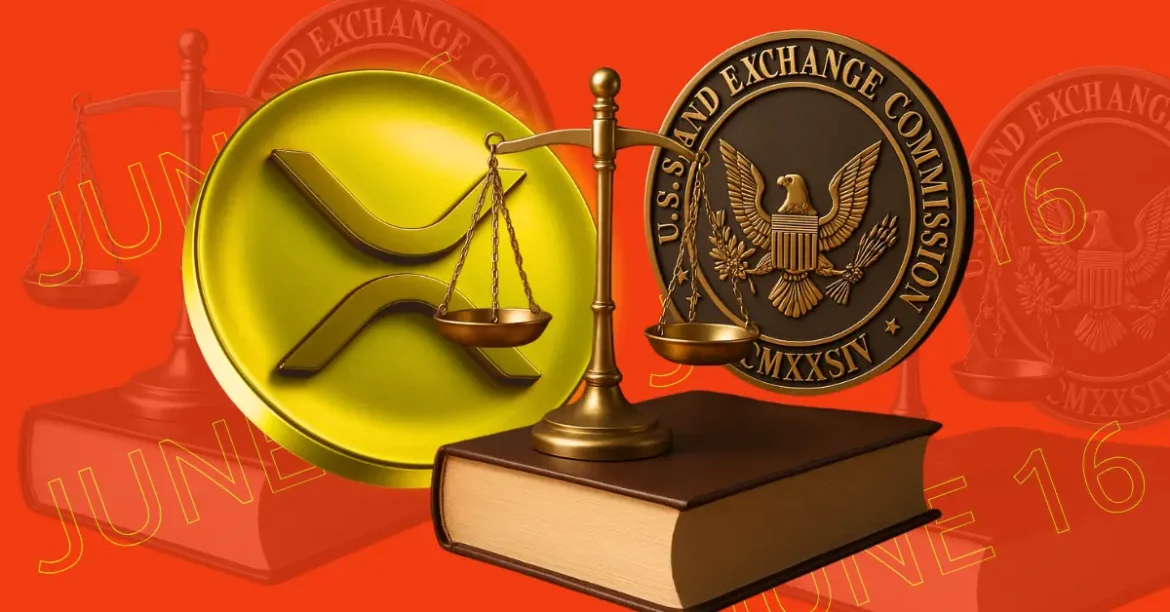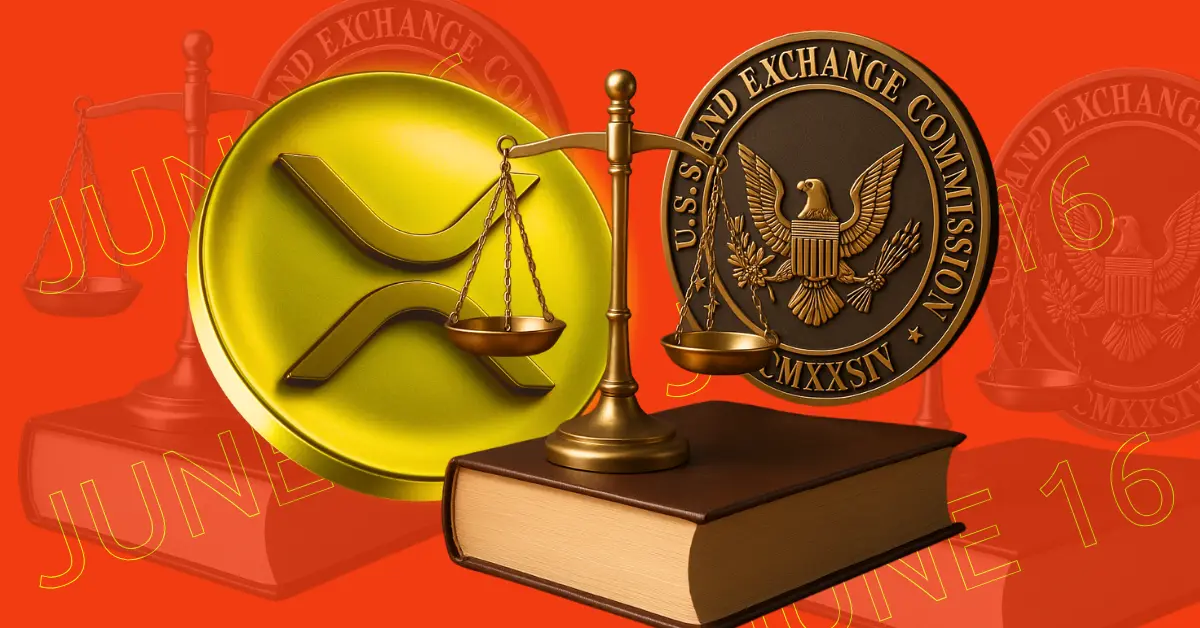The Ripple vs. SEC Lawsuit: Navigating Toward a Possible Resolution
The protracted legal clash between Ripple Labs and the U.S. Securities and Exchange Commission (SEC) has continued to capture widespread attention within the cryptocurrency and legal communities. At the core of this litigation lies a critical question: Is Ripple’s XRP token a security under federal law? The answers that unfold will likely reverberate through the broader regulatory landscape of digital assets. Recent developments indicate growing momentum toward a settlement that would mark an end, or at least a major turning point, in this high-stakes case.
—
Background and Stakes
Ripple was sued by the SEC, which alleged that the company’s sale of XRP amounted to an unregistered securities offering. Initially, the SEC sought penalties exceeding $2 billion. However, several rulings, including a landmark judgment by Judge Analisa Torres in the Southern District of New York, found that XRP was not classified as a security when sold on public exchanges, partially vindicating Ripple. Despite this, Ripple faced a fine of $125 million due to other factors, such as specific sales deemed improper.
The legal battle has been layered with appeals, motions, and counter-motions extending the case for years. It also highlighted distinctions in U.S. judiciary views on cryptocurrency regulation, with conflicting opinions from different judges adding to the uncertainty.
—
The Current Joint Motion: Settlement with Conditions
Recently, Ripple and the SEC filed a joint motion requesting Judge Torres to modify previous court orders and approve a settlement. The crux of the settlement involves:
– Ripple paying a $50 million civil penalty—significantly reduced from the original $125 million fine.
– The return of $75 million from the escrow account to Ripple.
– The lifting of the injunction against Ripple and dissolution of the associated restrictions.
This joint filing marks what could be an important step toward ending both the litigation and the related injunction, thereby saving court resources and providing clarity to Ripple, XRP investors, and the crypto market at large.
—
Legal Experts Weigh In: Cautious Optimism and ‘But!’
There is a general sense among legal observers and XRP advocates, such as attorney John Deaton and lawyer Bill Morgan, that Judge Torres is “likely” to approve the motion. Deaton places the probability at around 70%, indicating substantial confidence given the joint nature of the request.
However, opinions diverge on whether the request fully meets the court’s criteria for “exceptional circumstances,” a necessary legal standard for modifying final settlements or orders post-judgment. Morgan, for example, acknowledges the strongest arguments in favor but remains skeptical about the motion’s potential weaknesses, particularly since the motion seeks significant deviation from the prior penalty.
The judge’s past decisions in the case have demonstrated conservatism regarding unusual post-judgment modifications, evidenced by the denial of an earlier settlement proposal and the rejection of an interlocutory appeal request by the SEC.
—
Potential Outcomes and Their Impact
Settlement Approval
Should Judge Torres approve the joint motion, Ripple will finalize the $50 million penalty and reclaim most escrowed funds. This would effectively conclude the lawsuit, removing legal overhang around XRP and likely prompting a boost in XRP market confidence and price stability.
Such closure could also set a favorable precedent by delineating clearer boundaries around the SEC’s capacity to classify and regulate cryptocurrencies, thereby offering industry players improved regulatory predictability.
Continued Legal Ambiguity
If the judge denies or delays approval due to concerns about the appropriateness of modifying the penalty or other settlement terms, the case could linger. This scenario risks continued uncertainty for Ripple and its investors, potentially depressing XRP’s market performance and impacting broader perceptions of U.S. crypto regulatory clarity.
Appeal and Further Litigation
The SEC’s prior appeal of the $125 million fine and the Court’s refusal to permit an interlocutory appeal underscores the contentious judicial atmosphere. Should aspects of the court’s rulings be appealed again or if the settlement stalls, the matter could return to prolonged litigation, further complicating the ecosystem.
—
Wider Significance: What Ripple vs. SEC Means for Cryptocurrency Regulation
The Ripple lawsuit has become a bellwether case illustrating the tug-of-war between crypto innovation and regulatory frameworks. The legal decisions have influenced how digital tokens are classified and enforced under securities law and shed light on the SEC’s approach toward crypto enforcement actions.
A successful settlement or final ruling clarifying XRP’s status would likely catalyze regulatory developments, encouraging clearer guidelines both in the U.S. and globally. This clarity is crucial for market participants designing compliant token offerings, exchanges conducting listings, and investors navigating risks.
—
Final Thoughts: A Pivotal Moment for Ripple and Crypto Markets
The pending joint motion filed by Ripple and the SEC represents the culmination of years of legal wrangling that has tested the resilience of both parties and stirred intense industry debate.
Approval of the settlement signals the possibility of the legal saga drawing to a close, sparing Ripple from an extended and costly judicial battle and potentially ushering a new chapter of regulatory clarity for cryptocurrencies. Conversely, uncertainty remains as to whether the judge will wholly embrace the motion amid the high legal standards involved.
Regardless of the immediate outcome, the Ripple vs. SEC case will remain a landmark watershed in the intersection of law and crypto innovation, profoundly shaping future enforcement, market dynamics, and the evolution of digital asset regulations.





